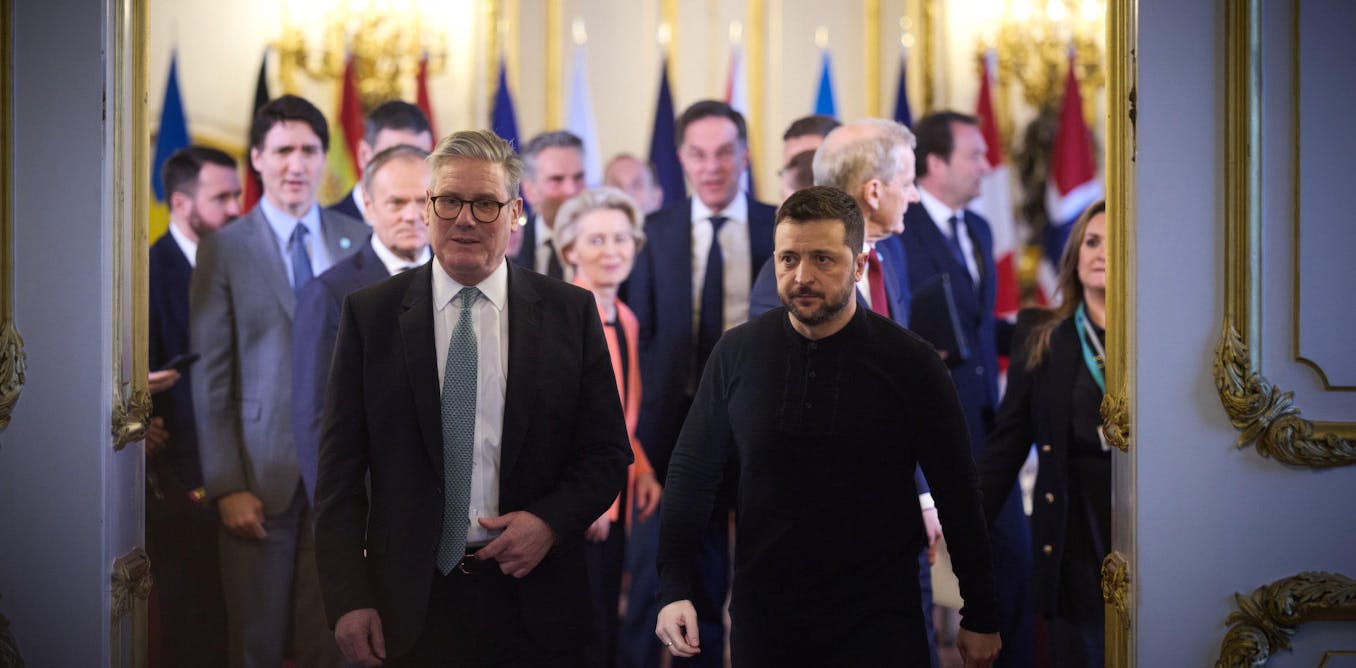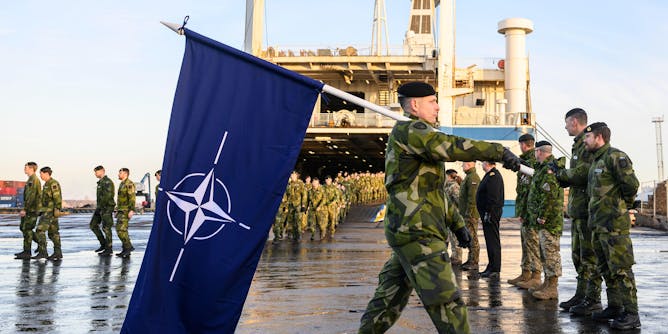As the war in Ukraine continues, the specter of reduced American military and intelligence support looms large, placing an unprecedented burden on Europe. The United States has historically provided Ukraine with crucial, high-quality military intelligence—ranging from real-time satellite imagery to sophisticated electronic surveillance data—that is vital for tracking Russian troop movements and fending off attacks. Replacing this massive, integrated system will be a formidable task for Europe, which has long viewed its Intelligence, Surveillance, and Reconnaissance (ISR) capabilities as a secondary priority to NATO’s American backbone. Nevertheless, Europe possesses key strengths that, with rapid investment and unified strategic action, can be leveraged to fill the emerging gap. By focusing on areas where it already excels, such as human intelligence and advanced medium-range air defense, and by overcoming the decades of fragmentation in its space-based surveillance, Europe can evolve from a security consumer into a genuine, indispensable provider for Ukraine.
The Scale of the US Intelligence Gap
The challenge for Europe is rooted in the sheer scale and sophistication of the intelligence assets the United States currently dedicates to the conflict. US intelligence support is not merely one source of information; it is a continuous, integrated stream of data that underpins Ukraine’s strategy and operational success.

The most critical shortfall Europe faces is in space-based ISR. The US operates a comprehensive network of military satellites (numbering in the hundreds) providing round-the-clock, real-time coverage across the entire frontline. European nations, in contrast, possess a much smaller, often fragmented collection of similar assets. While individual European countries operate high-quality reconnaissance satellites, they have yet to achieve the integrated, “system of systems” approach that allows the US to process, analyze, and disseminate data with the necessary speed and quantity to support real-time combat operations. This inability to provide constant, high-quality battlefield coverage represents the most challenging military gap to plug, exposing a historical dependency on Washington’s technological superiority.
Europe’s Key Intelligence Strengths and Advantages
Despite the structural challenges in high-end satellite surveillance, European nations possess critical and often underestimated strengths that can be rapidly scaled to benefit Ukraine.

One significant advantage lies in Human Intelligence (HUMINT) and deep regional expertise. European intelligence agencies, particularly those of countries with long-standing proximity to or experience dealing with Russia, possess detailed knowledge of Russian society, language, and political culture. This allows them to gather nuanced, context-rich information that algorithms and satellites often miss, providing vital insight into Kremlin decision-making, troop morale, and internal Russian politics. This HUMINT is essential for anticipating strategic shifts and informing long-term policy, offering a qualitative edge where the US provides quantitative mass.
Furthermore, Europe has demonstrated its ability to provide high-quality, specific weapons systems and intelligence processing tools. For example, in air defense, European alternatives to the US Patriot missile system, such as the German IRIS-T (medium-range) and the Franco-Italian SAMP-T (long-range), are highly capable. While production of interceptors needs to be scaled up, these systems are already saving lives and protecting critical infrastructure in Ukraine. Europe also has strong domestic capabilities in the development of sophisticated Signal Intelligence (SIGINT) and Cyber Intelligence assets, which are increasingly vital in modern warfare, offering specialized capabilities that can be rapidly deployed.
The Path Forward: Investment, Integration, and Consolidation
For Europe to successfully transition from a security partner to a primary provider for Ukraine, it must pursue a strategy of mutual reinforcement focused on two key areas: investment and integration.
- Massive and Targeted Investment: European nations must collectively increase their defense spending to address core capability gaps, especially in ISR. This means accelerating the development and launch of a shared constellation of military satellites under a consolidated European command structure. This requires pooling resources that are currently scattered across fragmented national budgets to achieve economies of scale and operational coherence.
- Operational Integration and Standardization: The current fragmentation of European intelligence is a strategic weakness. Efforts must be made to integrate existing national satellite and surveillance assets into a cohesive, real-time intelligence-sharing platform accessible to Ukraine. Initiatives like the EU’s push for joint procurement of defense equipment must be expanded to include joint acquisition and operation of intelligence assets. This will not only reduce costs and increase interoperability but also strengthen Europe’s overall defense industrial base.
- Prioritizing Strategic Supply: European governments must pursue innovative strategies, such as re-assessing their immediate defense requirements to free up existing ammunition stocks, air defense interceptors, and spare parts for Ukraine. As long as Russia is tied up in Ukraine, the direct threat to European nations is statistically lower, allowing for a temporary strategic transfer of vital resources. This practical step would provide immediate, tangible support while long-term capability gaps are being addressed.
Reclaiming Strategic Autonomy in a New Era
The potential reduction in US support for Ukraine serves as a vital inflection point for the European Union and its allies. The war has underscored that the era of relying primarily on a US-led intelligence and defense apparatus is unsustainable and potentially nearing its end. European political and military leaders must view this as a crucial opportunity to finally achieve strategic autonomy—a goal often discussed but rarely funded sufficiently.
By investing heavily in and integrating its substantial, though currently underutilized, intelligence and defense capabilities, Europe can make itself a truly indispensable security guarantor. This shift requires overcoming national bureaucratic inertia and prioritizing continental security over individual member state concerns. The successful execution of this intelligence-centric strategy will not only sustain Ukraine’s defense but also fundamentally strengthen Europe’s geopolitical standing, transitioning it from a dependent power to a capable, independent pillar of global security.




